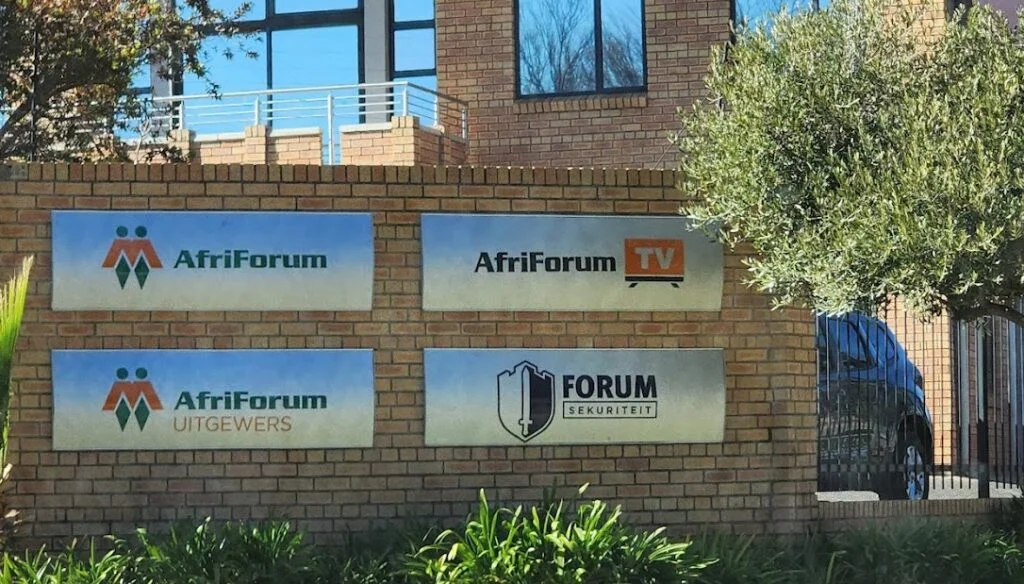The City of Tshwane is re-evaluating its collaboration with the right-wing pressure group Afriforum, following a recent court decision that has led the municipality to halt the collection of a controversial cleansing levy. This monthly charge, introduced in July, targeted properties that do not utilise the city’s official waste management services but were still benefiting from local landfill sites, which the municipality described as an “undue benefit.”
Afriforum successfully mobilised Pretoria residents and businesses against the levy, taking the matter to court and subsequently securing a ruling that bars the city from enforcing the charge. This setback has prompted the city government, led by the African National Congress (ANC), to reconsider the Memorandum of Understanding (MOU) it shares with Afriforum, which was originally established under the previous Democratic Alliance (DA) coalition.
Obakeng Ramabodu, the Member of the Mayoral Committee responsible for environmental affairs, remarked that the municipality’s defeat in court could be attributed to a lack of preparation from its legal team. However, he expressed determination to appeal the ruling with a restructured legal approach. “We think that the approach that we are going to use is going to work,” Ramabodu said.
Despite Afriforum’s claims that the cleansing levy constituted double taxation, Ramabodu dismissively described the opposition as primarily representing an elitist minority, particularly from private sector entities that resist the fee. “The resistance is mainly on these people who are in private companies,” he said, highlighting that the levy aims to hold large businesses accountable for their usage of municipal landfills and roads.
In his defence of the cleansing levy, Ramabodu contrasted the situation in Tshwane with practices in Cape Town, where the DA implements a similar charge without opposition from Afriforum. He accused the pressure group of selectively targeting Tshwane to shield their “friends” in the private sector. “If they are genuine about this Cleansing Levy, why can’t they go and challenge it in Cape Town?” he said.
As Afriforum becomes increasingly viewed as an adversary to the municipality, Ramabodu remains resolute about the need to terminate the MOU. He said, “We can’t have an Afriforum that is having a memorandum of understanding with the city but at the same time they go and fight the city in courts. Those are not our friends and we can’t keep them in our records.”
The unfolding situation exemplifies the complexity of local governance, community response, and the ongoing tussle over responsible waste management in Tshwane.



